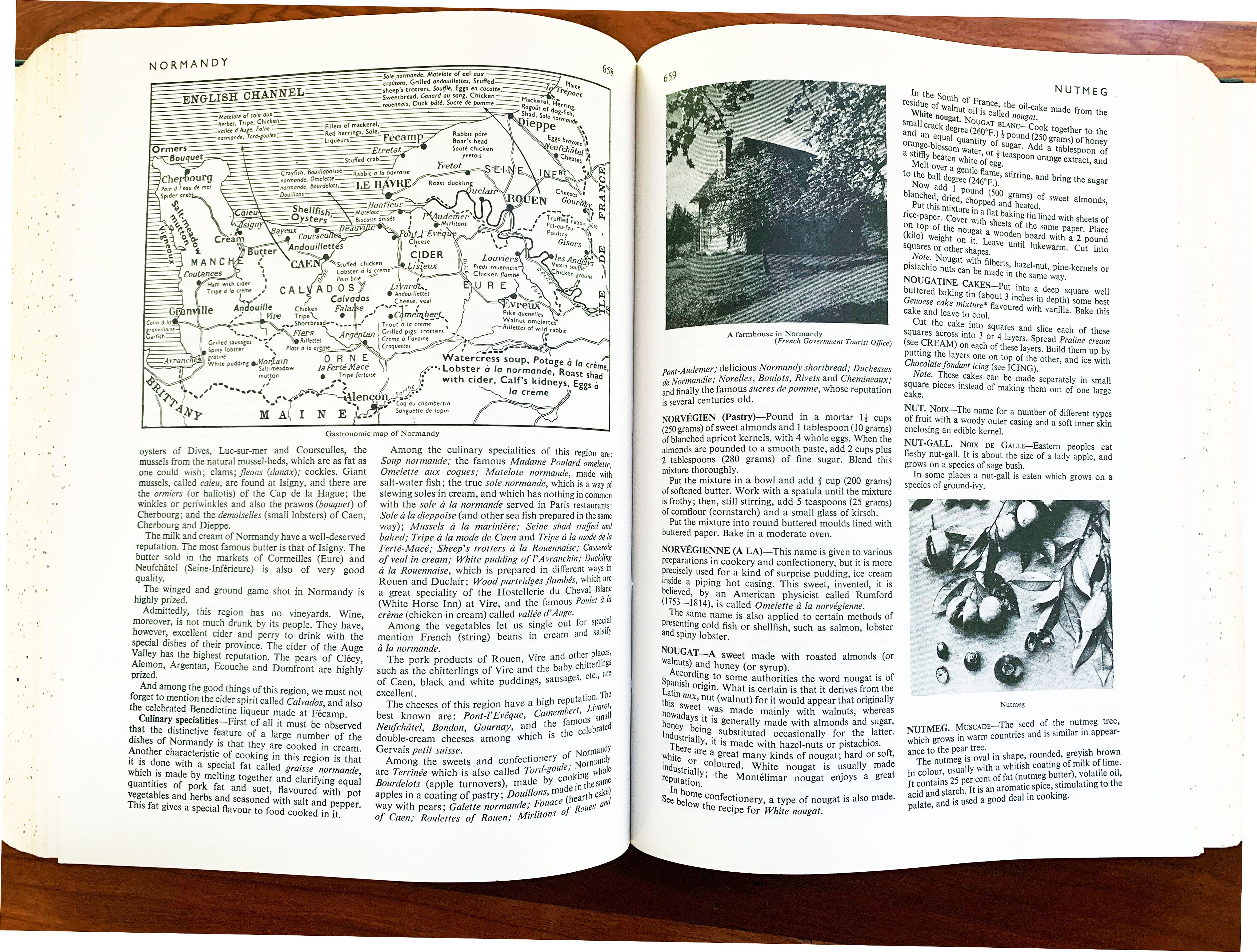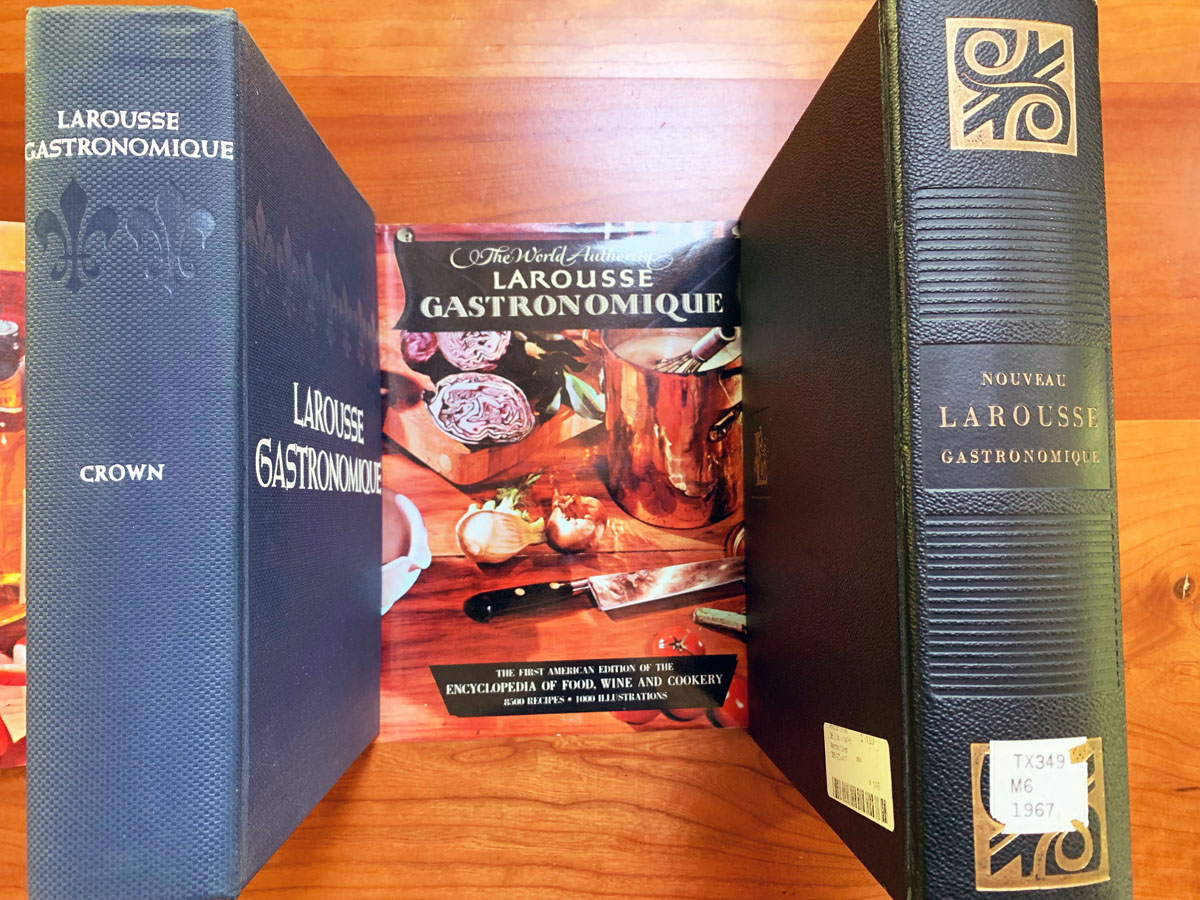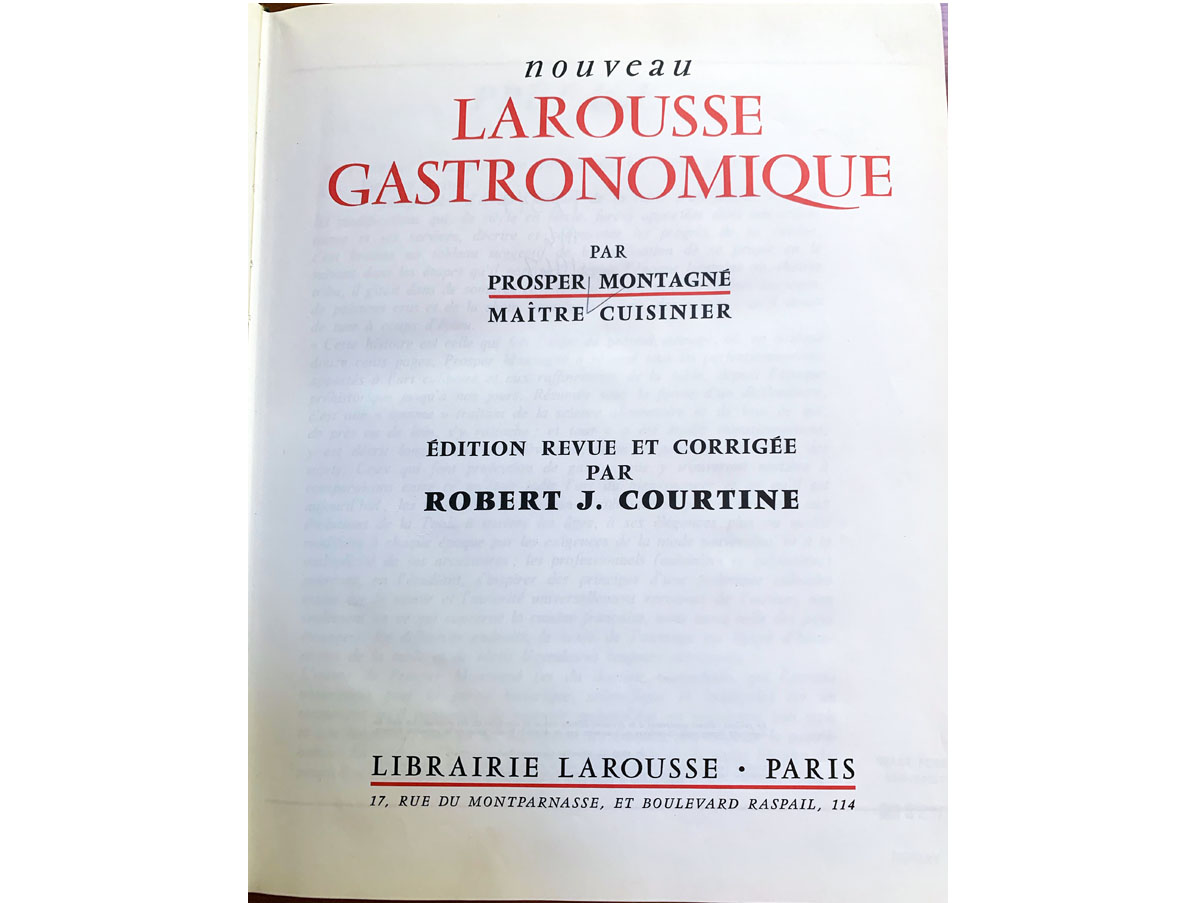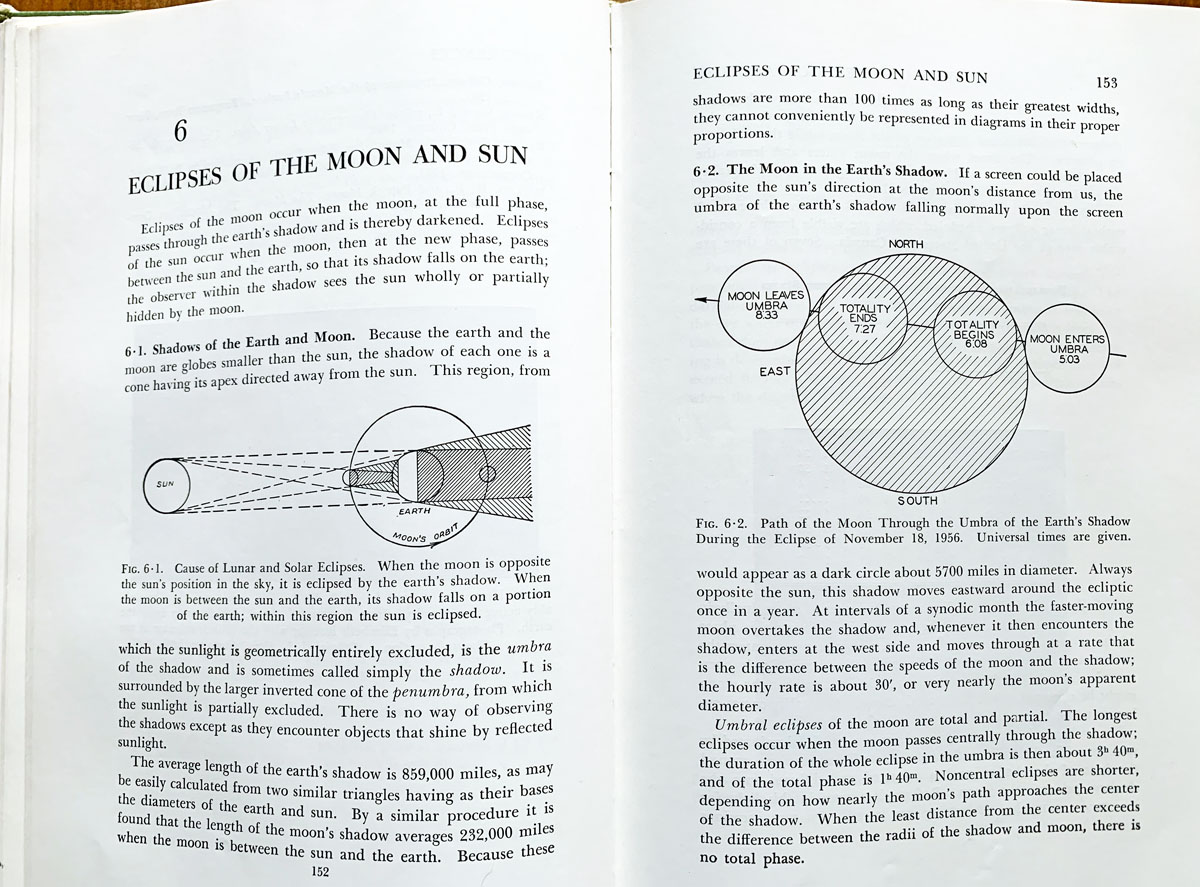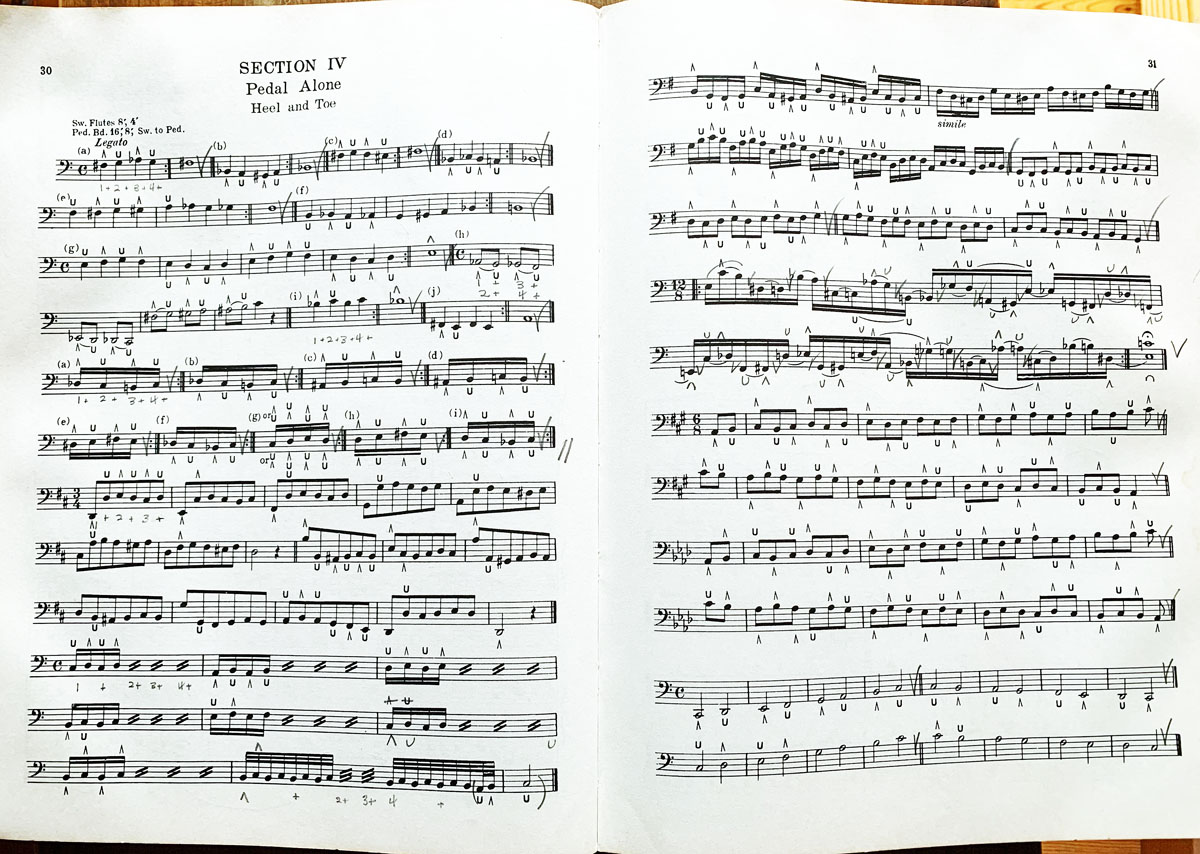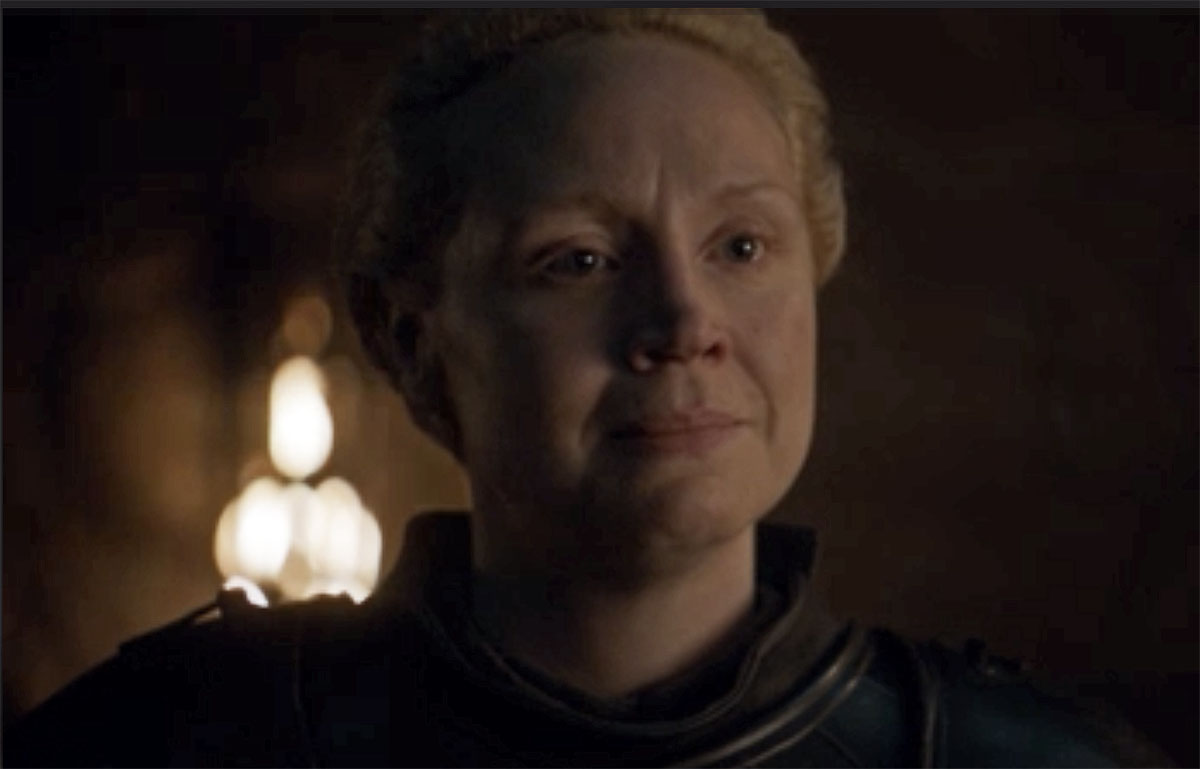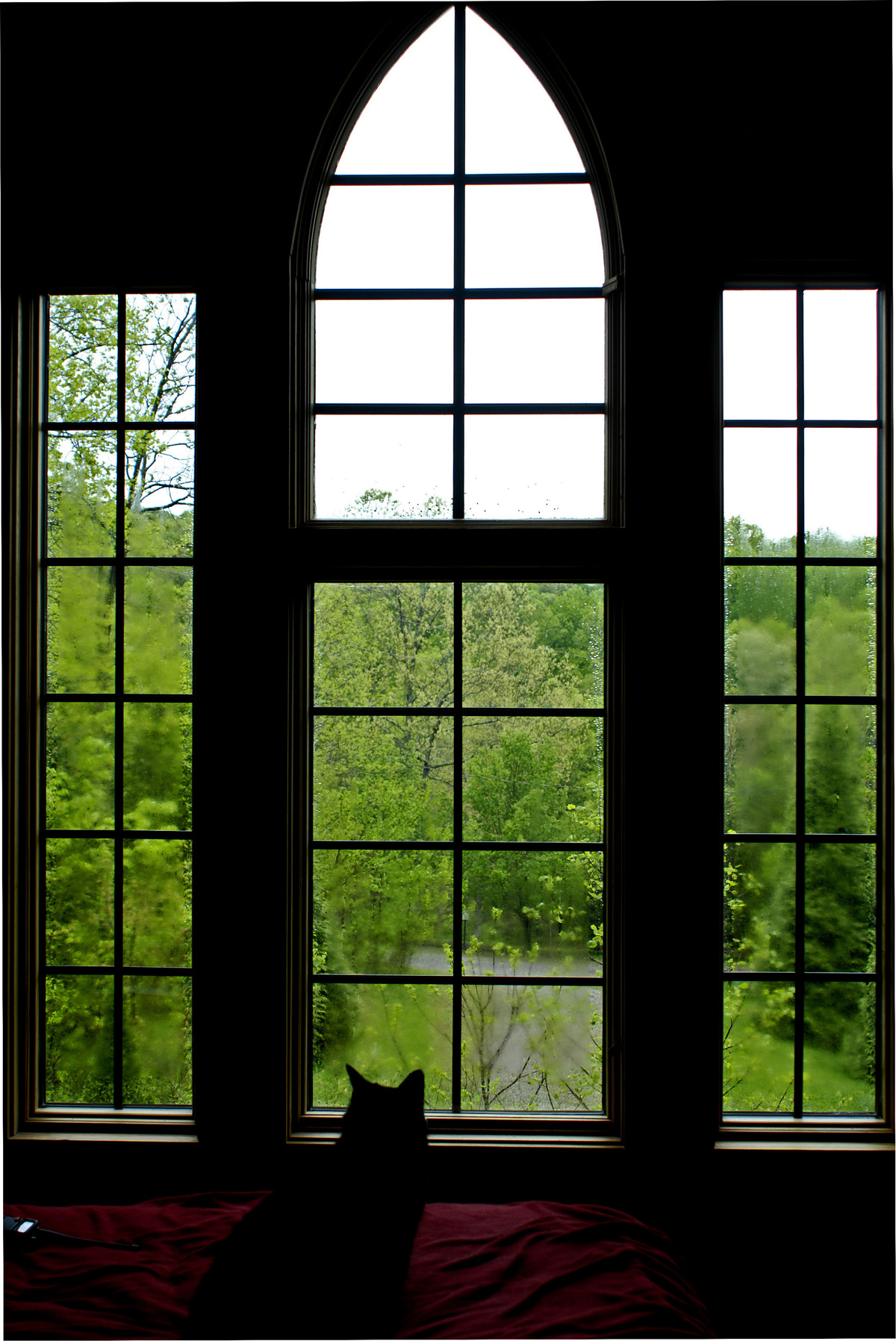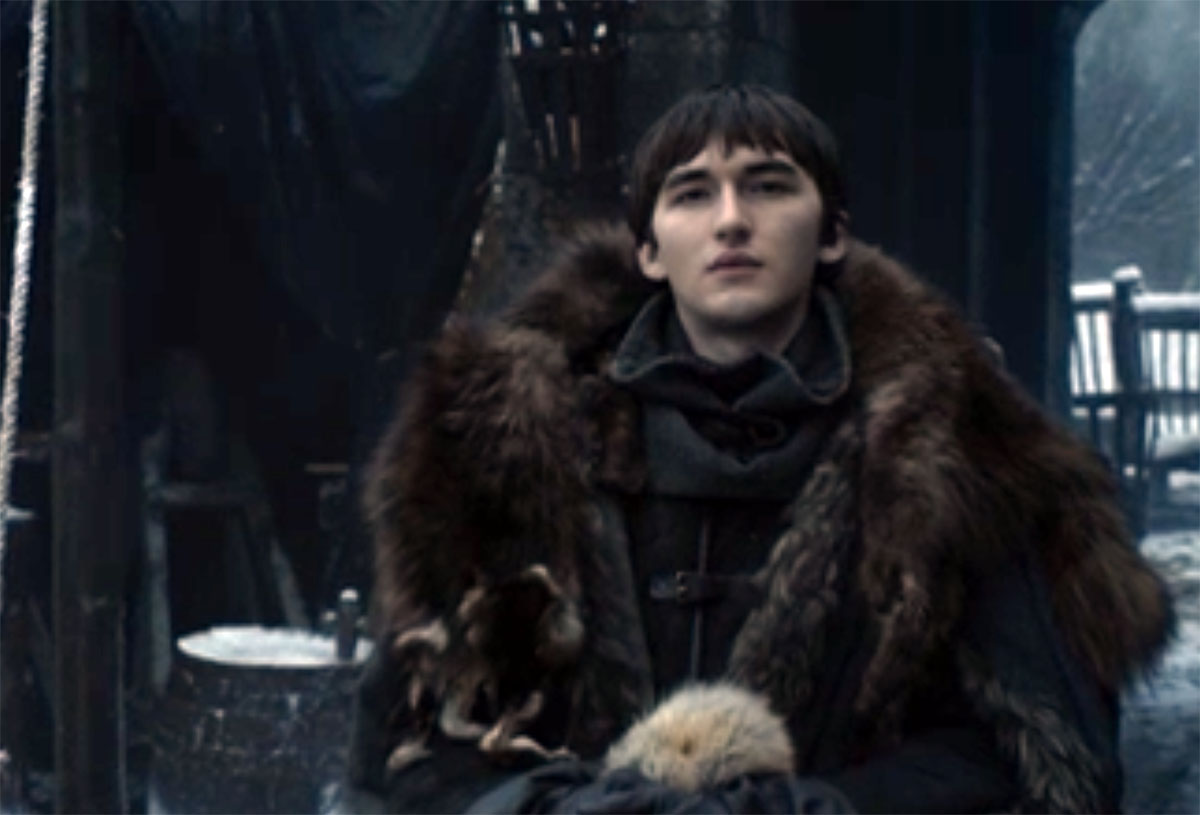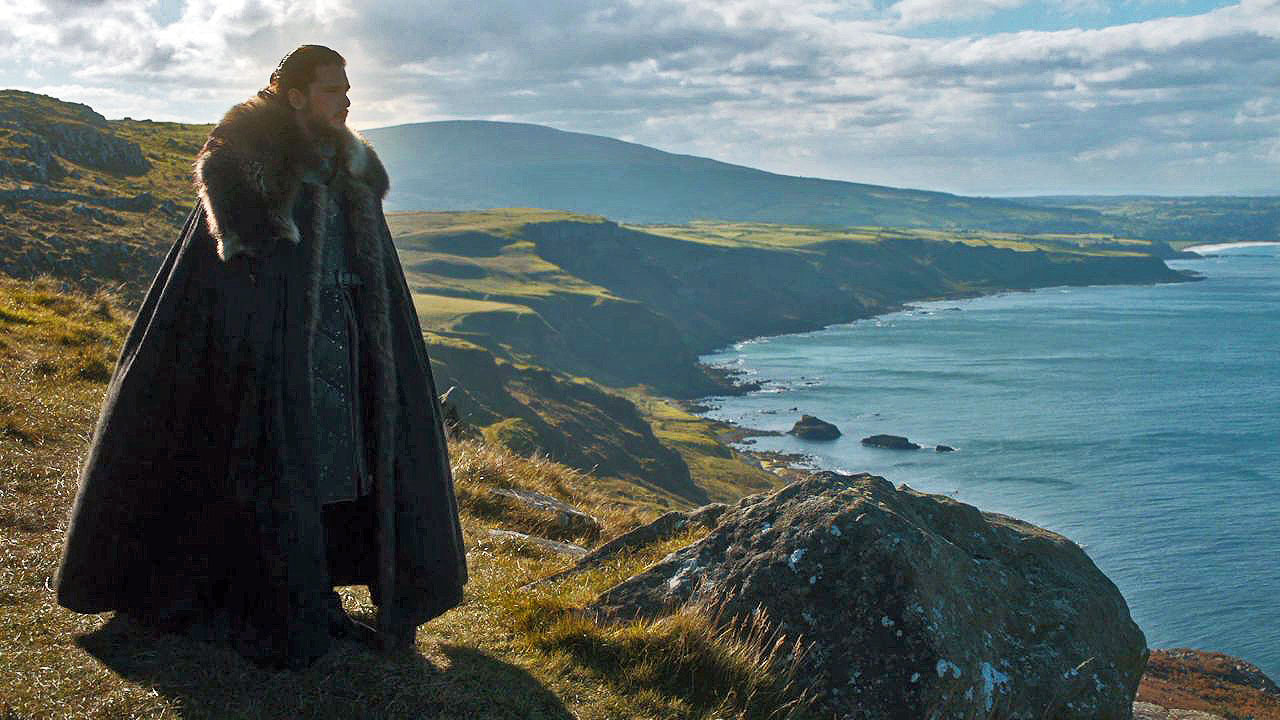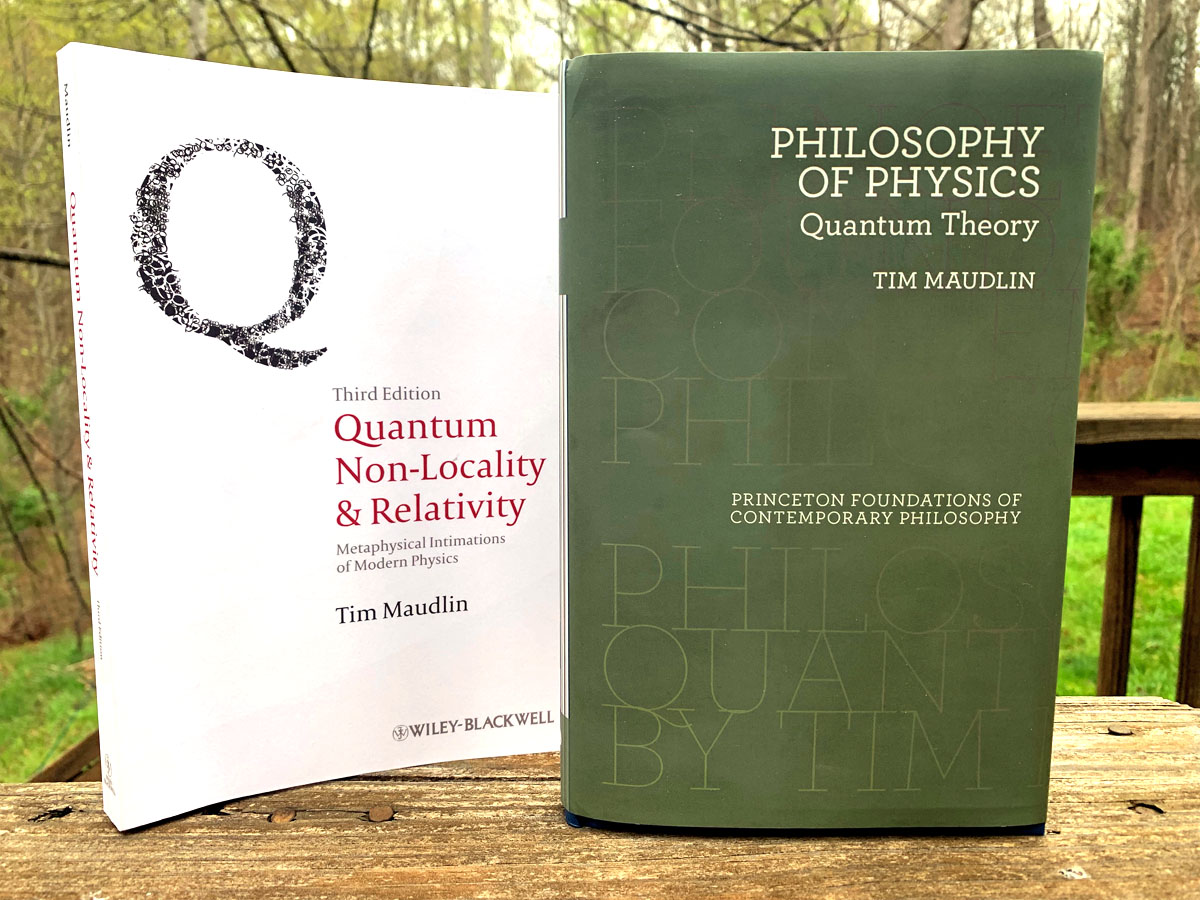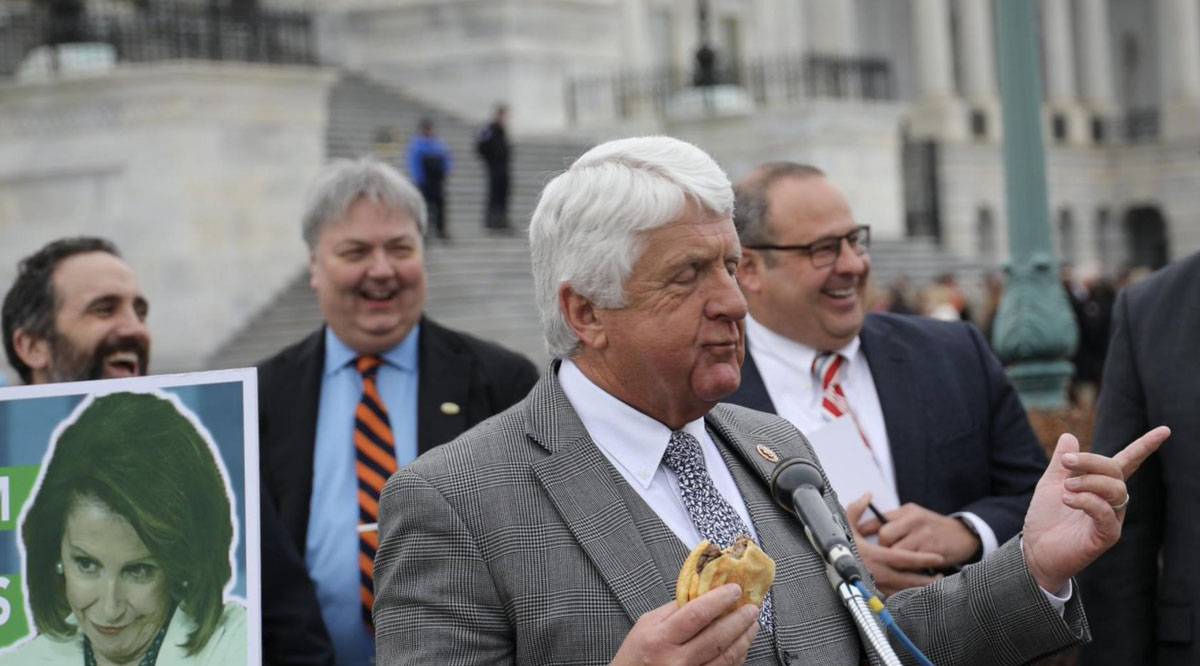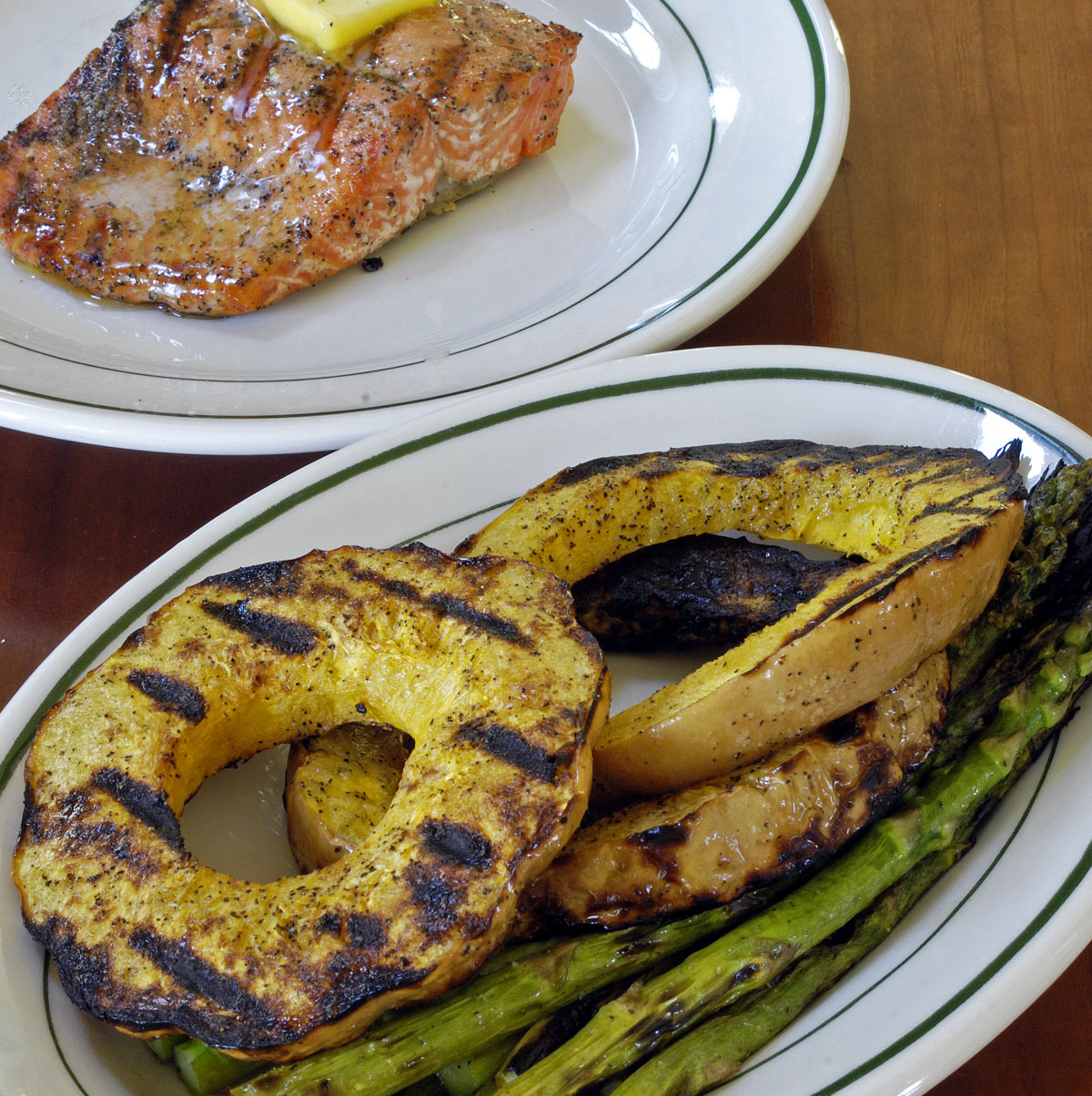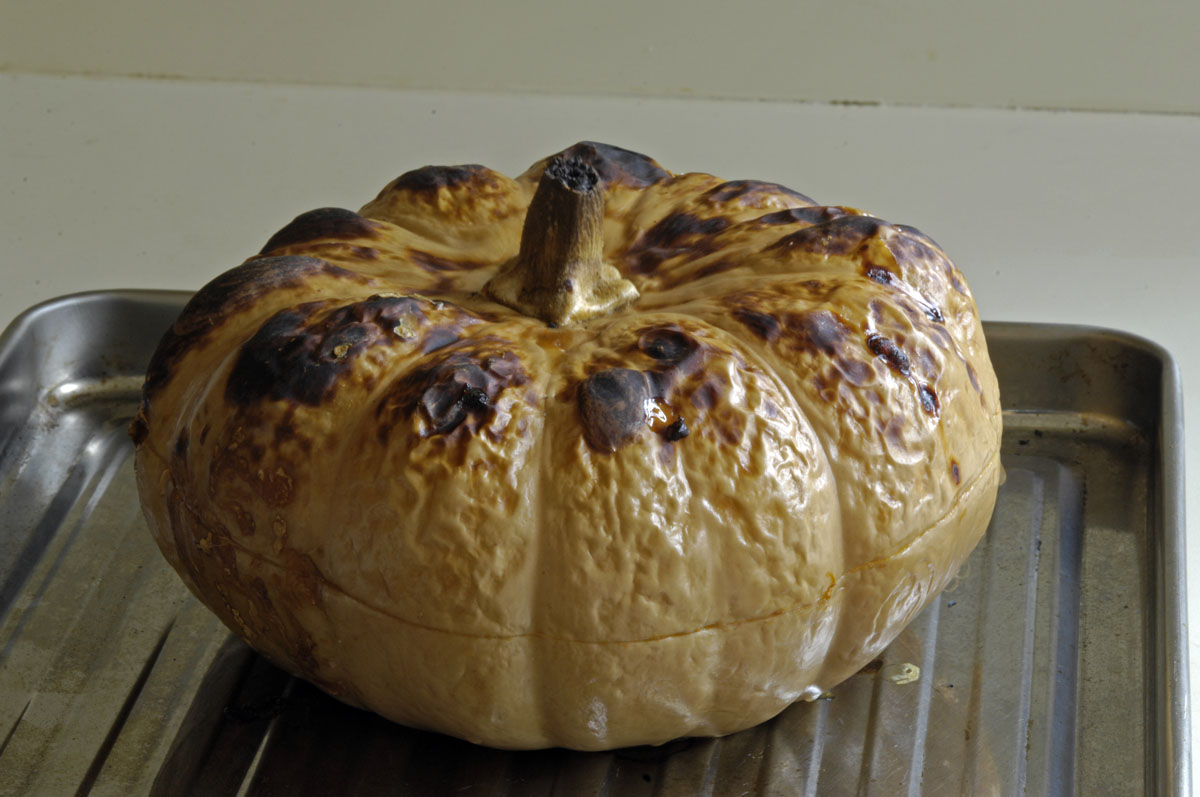Ken Ilgunas and David Dalton are reviewing each episode of the final season of Game of Thrones. Check the “Game of Thrones” category to list all of these posts.
Ken:
Morning David.
I might like to re-watch it, but here are some quick first impressions, which are mixed…
— It was a visual feast. It mostly held my attention from start to finish. There are many superhero movies with visual feasts, and they are indeed marvels of technology, but they are often too long and too unbelievable, and sometimes they even induce sleep because you know if you nod off and wake up ten minutes later, the hero will still be alive. (I remember falling asleep for five minutes during a CGI battle in Hobbit II, and I didn’t miss anything.) A seventy-five minute battle scene works in GoT because we know, and even expect, main characters to perish. The show can amaze us with the CGI and keep our attention and emotions involved. That’s a rare feat these days. It would have been conceivable to lose one of the show’s main three (Jon, Dany, or Tyrion), and while that didn’t come to pass, we did lose a few second and third-tier characters. (If I have any criticism of the CGI battle, it was a bit difficult to understand the aerial dragon warfare, and I thought, up there, there was a bit too much movement and chaos, and I didn’t necessarily fear for either Jon or Dany’s life. This is a good point for future CGI directors: sometimes less epic is more epic! The more swoops and swirls and cartoonish feats of kill, the more quickly you lose the audience. One of the best movie sword fights was done in Rob Roy. There wasn’t any CGI, no flashy martial arts. It was just a gritty, sweaty, bloody fight, where you can watch the protagonist’s facial expression shift from confidence to fear to resignation.)
— This was a nuts and bolts battle for survival, from start to finish. There were opportunities for revealing deeper secrets of the GoT universe’s underlying cosmology. What exactly does the Night King want? Who is he? How do you ensure the dead no longer exist? What was with his fascination with Jon and Bran and Winterfell–or were they merely road bumps on his path of destruction? I feel there could have been grand moments for revelations, for secrets to be revealed, for answers, for promise of something more than a simple zombie plot… I imagined the defeat of the Night King would require some sort of mystical solution rather than a mere knife point. With a world so full of magic, of religion, of superpowers, of prophecies, of long deep complex histories, and of even time travel, I was hoping for something a bit more complex and unexpected and mind-blowing—something, ideally, that could have involved Bran’s all-seeing, time-traveling superpowers. Instead, Bran merely zoned out for a joy-ride inside a crow, and Arya solved the universe’s biggest existential threat by finding a good hiding place.
— The first scene in the first episode of the first season was centered on the White Walkers. The show has had many stories, but the White Walker storyline is arguably the main one. And while the show did a wonderful job choreographing a huge battle, and while they poured millions of well-spent dollars into this episode, it still sort of feels like the show has swept a big plot problem under the rug. With one episode, with one dagger thrust, the White Walker plot problem has vanished for good. It would have been hard literary labor for the writers to really understand the White Walkers and tie up all its associated storylines, and to have properly foreshadowed everything, and I don’t think we got that. Why do Beric and Jon have powers of resurrection? What was the deal with Jon’s half-dead uncle? What is the source and meaning of the whole fire religion? The show is no doubt capable of establishing elaborate and moving storylines, like Jon’s real parentage, or Hodor’s (“hold the door!”), or everything leading up to Red Wedding. These happen because Martin knows ahead of time how it’s all going to end, and he lays clues throughout the story which we can only fully see when looking back. It’s the best sort of foreshadowing, because these clues are both completely out in the open and completely concealed. When the writer figures it all out ahead of time, and when the story’s conclusion is perfectly foreshadowed, the beginnings, middles, and ends of the story are united into one complex interwoven whole, producing a feeling of narrative wholeness—and, when done right, it generates, for the audience, one of the best, most satisfying emotional responses we can ask for from a story. Technically, this was a good episode. But it wasn’t a transcendental one that resonates in our souls. And that can only mean, Martin and the writers, when they began, didn’t exactly know how they were going to end. The foundation of the whole story wobbles. The next three episode will determine if it can straighten itself out.
David:
All week I’ve been dreading this episode. When 9 o’clock came around Sunday night, I told myself that I was too tired to watch. I got up at 5 a.m., greatly upsetting the cat’s peaceful morning routine with the battle noise. But the sun was rising when the episode was over, and I had the day, rather than the night, ahead of me.
As you know, I don’t like battle scenes. I know they’re necessary. You can’t have a fictional world whose very existence is threatened without some epic battles. It’s life or death for an entire world, and so all the power that can be mustered in that world has to be thrown at the threat. Now that I’ve got the battle episode behind me, I would have to say that it was superb and that it set a new standard for world-saving battles. The suspense before the battle started was very well done, with those of us at home, like those on the screen, peering into the dark, not knowing what was coming. This also gave us time for some last-minute drama and some very good setup on where all the characters were located and what they were doing. The battle itself was truly scary. I agree with you that the aerial parts of the battle were a bit confusing (though I loved those straight-down dragon dives into the clouds), but, down on the ground, in spite of the frenzy, we were always able to track the action.
Then we reached the point at which only magic could save the day. I thought that Bran had something up his sleeve, but he didn’t. Still, Bran’s benediction before the death of Theon gave him something important to do. And so, in the end, it was Arya who saved the day. I have always resented the zombie element of Game of Thrones. I’ve always seen the zombies as an embarrassing breach in George R.R. Martin’s originality. The zombie fad (which did at least put a stake through the heart of the equally worn-out vampire fad) has gone on entirely too long. Now that the zombies are down, I hope to hell that they stay down and that we are done with zombies for good, not only in Game of Thrones but in all of cinema and television. Kudos to Josh and others who correctly called the dead rising in the crypts.
So, with the battle scene out of the way and the zombies down, I am looking forward to three more episodes that I hope will be driven by character, drama, and dialogue. We still have the Cersei problem to resolve. But, with luck, that will be resolved by some means other than yet another battle (though that’s probably wishful thinking on my part).
We also have a lot of denouement waiting to be dénoue-ed. The list is long: Who is (or was) the Night King? Is he down for good? What was his motive? Does the Night King have a particular connection to the Starks? As you mention, we need to know about the fire religion, and we need to know Melisandre’s backstory. What’s up with Bran? Was his joy ride inside a crow really all he was doing? With the shattering of the Night King, is the world saved for good? Or only for one winter? Do the Starks all have hidden powers? There has to be some way in which the ice magic and the fire magic are connected, like the Force and its dark side. What might the connection be?
The remaining denouement, to me, is as interesting as the remaining plot, and there’s plenty of plot left, too. Thank the goddess that most of our most beloved characters survive. Who’ll end up with the throne? How will Jon and Daenerys come to terms? How will the Lanister siblings settle their differences? Cersei still has an army. Will she use it? There seems to be an outstanding plot element with the Iron Islands. How does that fit in?
With the battle out of the way and three episodes to go, I would say that the writers and producers of Game of Thrones have aced three out of six so far in this final season. They could ace the remaining three episodes, too, in which case I believe we will have witnessed the best storytelling and best filmmaking ever done.
Ken:
I predict we’ll get a political and interpersonal denouement. I suppose I’m worried that we won’t get a mystical/spiritual/religious/and cosmological denouement. Or at least that’s what this episode suggested.
There are so many ways to critique the show, and we’ve already examined it from one of many different angles. I suppose I’m most interested in whether all the strands get tied together in the end. Call this a “series” angle. But we can also examine this from a “history of television” angle, and I don’t think there’s even been a TV series that’s in the same league as GoT (but, as you can tell, I’m worried that an off-note ending might put the value of the whole series at risk). We can also review the episode simply on the technical details of each episode, or we can look at the wider plot of the season.
As for the wider plot, we have Yara taking over the Iron Islands. Since there are now like three dozen living people in the North (and two very injured, exhausted, and malnourished dragons–though they have plenty of fresh bodies to feast on), it seems sensible for the Winterfell survivors to retreat to a small, defensible island. Cersei has a bunch of ships, so it seems we’ll probably have one last naval battle and one last land battle? I’m thinking episode four is for wound-licking, episode five for the final battle, and episode six for the epilogue, when we figure out whose ass sits on what throne, as well as a bunch of heartfelt goodbyes.
David:
It’s definitely a landmark in the history of television. The only thing that compares, at least to my taste, is Battlestar Gallactica. As you’ve mentioned before, the old standard of two-hour movies seems very limited now, like a short story. Whereas multi-season series can do so much more.
The thing that, to me, is unexpected, not to mention intriguing, is that the writer’s work can take longer than an epic production. Martin is still laboring away on the final novel, while HBO had to get out ahead of him, even with a delay in the final season. Let’s just hope that Martin finishes before he kicks the bucket, because he doesn’t look very healthy.
Ken:
I believe Martin has two more novels to go.
And, yes, it is interesting to note how the writing of a book can take five times longer than the making of a TV series, which is of course a much more complicated task. I don’t have high hopes for all the GoT spin-off series we’re reportedly going to get. I don’t think those shows will be drawing strongly from Martin’s work. Rather, it’ll require a bunch of new writers and I doubt that Benioff and Weiss will be as involved, if they’re involved at all. A spin-off will really only give us the chance to dwell in Westeros a bit longer. I think there was a big appetite to revisit Middle Earth after the Lord of the Rings series, hence the three-part Hobbit series, which was ultimately forgettable and a failure.
But I started writing this to say something else I noticed in the show… Did you feel any sadness at all when the Dothraki horde got wiped out? Or the Unsullied? I don’t want to sound PC-obsessed, but we should note how two ethnic groups, protecting white lords and ladies, were either being used as human shields or as mounted zombie fodder. Just like that, virtually a whole race of people is wiped out and no one cares. I didn’t set out to make a point about racism here. Rather, I want to point out how the show did not do a great job making us feel for a people. In the battle for Winterfell, we don’t care about just how many wildlings, Unsullied, Dothraki, or even Winterfellians die. All we care about are about a dozen and a half individuals. I feel like the show ought to have tried to make these cultures and groups stand out a bit more, and to get us to care for them, perhaps the way Dances with Wolves got us to love a Native American tribe, or Avatar got us to care for an alien race. While GoT did a great job characterizing the Dothraki in Season One, we haven’t had a real Dothraki character for ages. (Would the Dothraki really be as submissive as they have been, following a white lady on her wooden horses across an ocean and then on a death march up to the North Pole?) Grey Worm is the only individualized Unsullied character. I don’t even think we care about Winterfellians. Season after season, new Winterfell residents, despite seven years of attritional warfare, reappear and the ranks get replenished just fine.
I don’t think the show has done a great job showcasing the peoples and the culture of these groups, and therefore we don’t really care if Winterfell, its crops, or its serfs get burnt to a crisp. We only care if a handful of elites, and Jon Snow, make it through to the next episode. Again, I’m not trying to make a political point here. This is a literary point: The show would have been more emotionally effective if the audience cared more about the preservation of a race, tribe, or culture; not just a few individuals.
PS1: The crypts were not spooky and atmospheric enough. In previous episodes, the crypts always seemed long and cavernous and mysterious. In this episode, it felt like one dimly lit room.
PS2: Wouldn’t the ending of the last episode have been so much the stronger and beautiful if Arya died upon poking the Night King?
David:
Very good points about peoples vs. individuals. To tell the truth, things were moving so fast that much of it went past me, except that I did notice that the Dothraki apparently were chosen, or volunteered, for the front lines. This connects with points you made last week about the series’ failure to concern itself with the lives of ordinary people. I think that’s a very serious criticism. I think it’s something that the BBC learned a long time ago.
That said, I found Daenerys’ weeping over Jorah very moving, as was the dragon descending and folding its wing over them. There was little time for grief in this episode. Maybe the next episode will make up for it?
The death of Arya would be so hard to take. Ask a science fiction writer how hard it is to kill off a beloved character. You’ll probably get similar answers. Orson Scott Card used to say that it was literarily acceptable to kill a character only when it was necessary for the other characters, or for the reader, to take on the attributes of that character and thus keep the character and the love for that character alive. That idea probably applies to a great many of the deaths in Game of Thrones. For example, Ned Stark’s death inspired his children to take on his attributes and to live for him in many ways.



